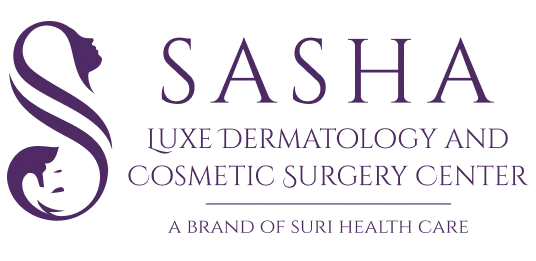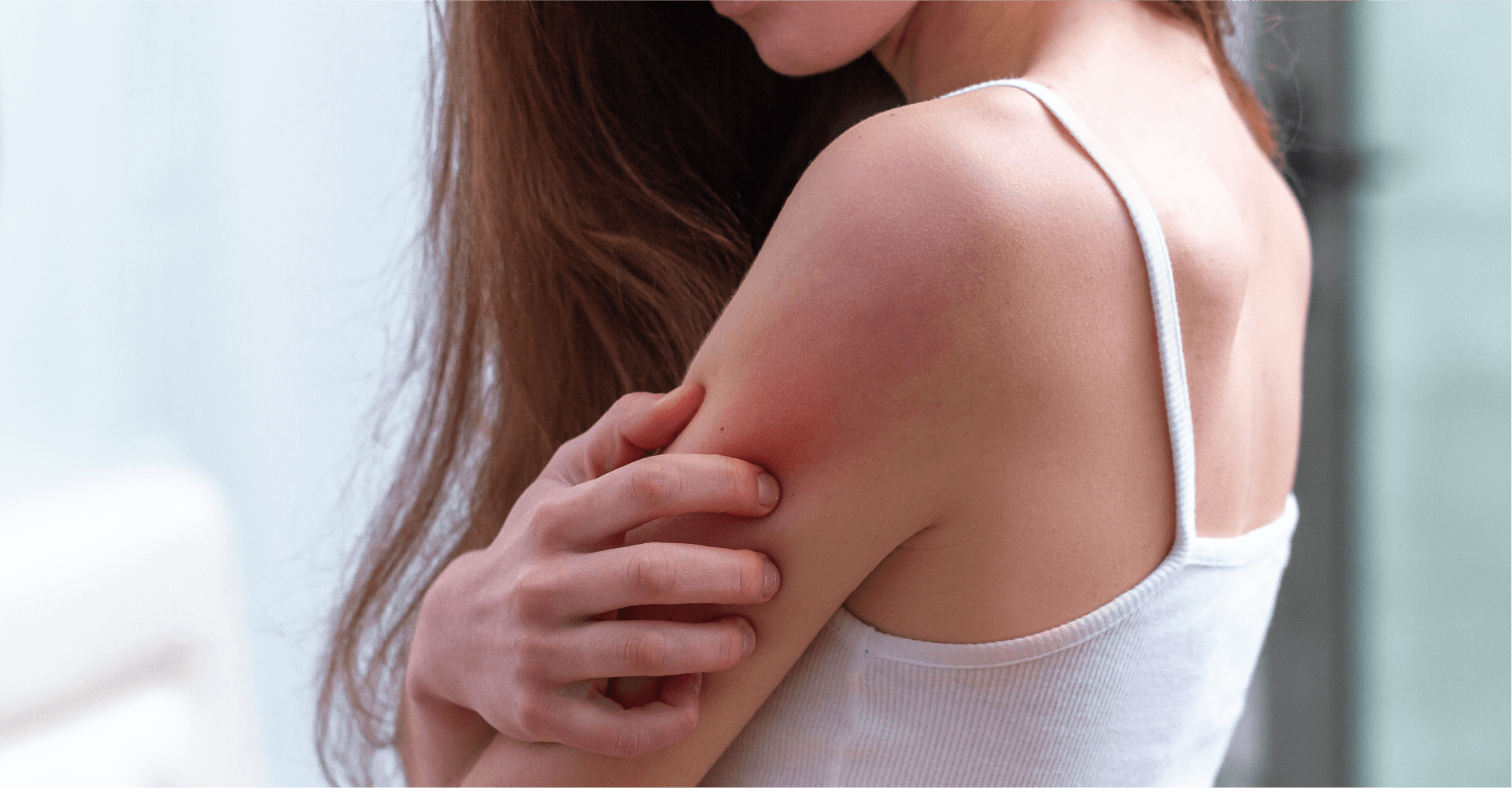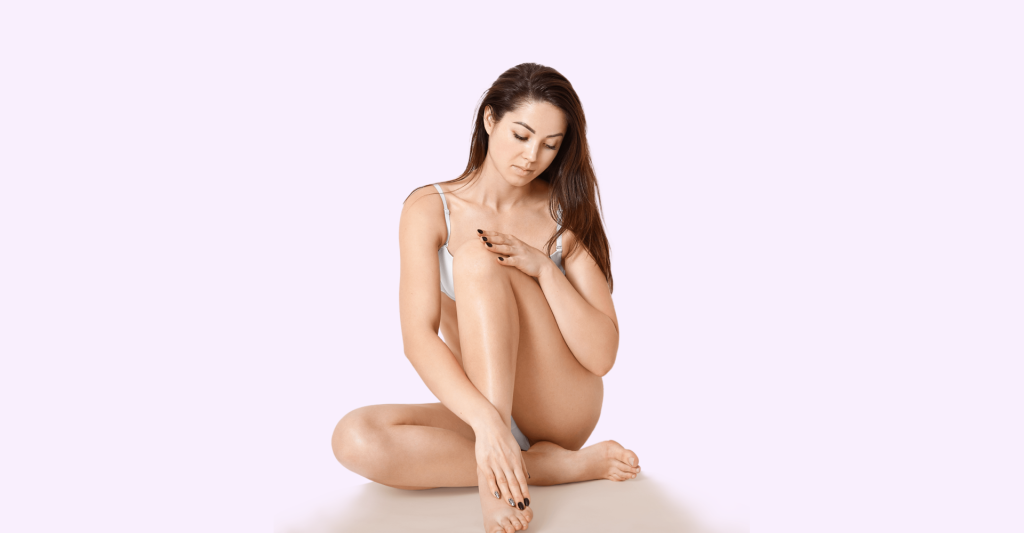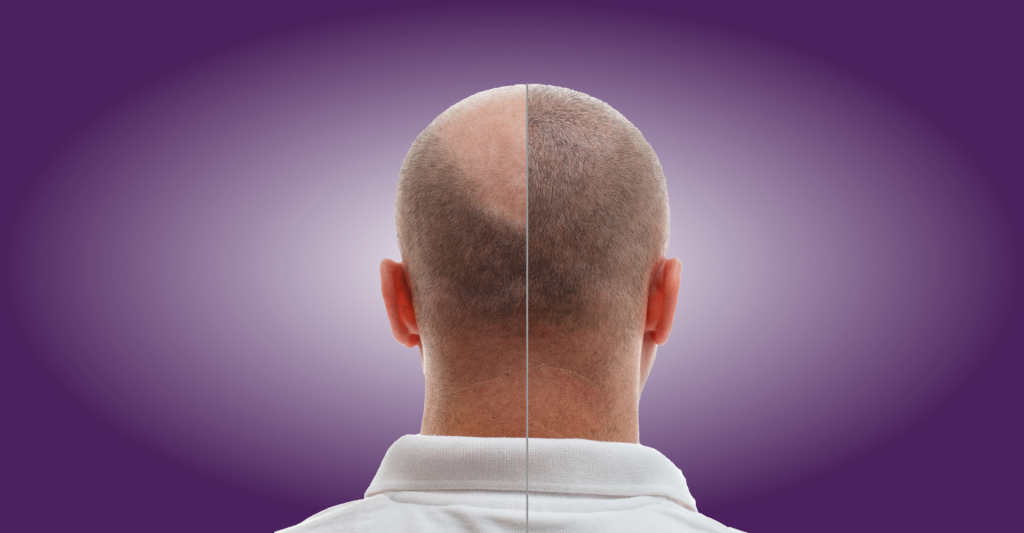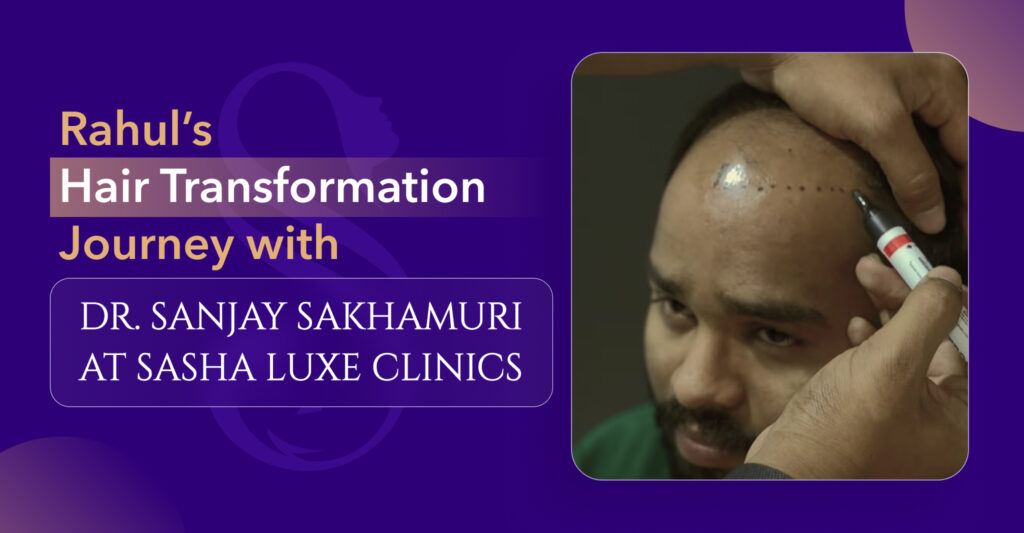Skin infections are prevalent conditions that affect people of all ages and backgrounds. These infections can arise due to various factors, including bacteria, viruses, fungi, and parasites. Finding an effective treatment approach is crucial for managing and resolving these skin problems. Sasha Clinic, a leading skin care clinic in Hyderabad, specializes in offering personalized solutions for a wide range of common skin infections.
Understanding Common Skin Infections
Definition and Causes
Skin infections refer to the invasion and multiplication of microorganisms within the skin’s layers, leading to inflammation and various symptoms. These infections can be caused by bacteria, such as Staphylococcus and Streptococcus, viruses like herpes simplex, fungi including Candida and dermatophytes, and parasites such as scabies mites.
Types of Common Skin Infections
Common skin infections encompass a broad spectrum of conditions, each with its unique characteristics and treatment requirements. Some of the most frequently encountered skin infections include:
- Bacterial Infections: Examples include impetigo, cellulitis, and folliculitis.
- Viral Infections: Herpes simplex, shingles, and warts fall under this category.
- Fungal Infections: Athlete’s foot, ringworm, and yeast infections are common fungal infections.
- Parasitic Infections: Scabies and lice infestations are parasitic skin infections.
Seeking Professional Help: Sasha Clinic’s Expertise
When dealing with skin infections, seeking professional help is essential for accurate diagnosis and effective treatment. Sasha Clinic boasts a team of experienced dermatologists and skin care specialists who can provide expert guidance and personalized treatment plans.
The Importance of Professional Diagnosis
Receiving a proper diagnosis is the first step towards effective treatment. Sasha Clinic’s dermatologists employ their expertise and state-of-the-art diagnostic tools to identify the specific type and severity of the skin infection. This allows them to tailor a treatment approach that addresses the underlying cause and promotes optimal healing.
Tailored Treatment Plans
At Sasha Clinic, treatment plans are customized based on the individual’s condition, medical history, and personal preferences. Depending on the type and severity of the skin infection, various treatment options may be recommended, ranging from topical and oral medications to advanced dermatological interventions.
Medical Treatments for Skin Infections
Medical treatments play a crucial role in managing and eliminating common skin infections. Here are some commonly prescribed options:
Topical Medications
Topical medications are often the first line of defence against mild to moderate skin infections. These include creams, ointments, and lotions that are applied directly to the affected area. They work by targeting the infection at the site, reducing inflammation, and combating the underlying microorganisms.
Oral Medications
In cases where the infection is more severe or widespread, oral medications may be prescribed. Antibiotics and antifungal agents are commonly used to address bacterial and fungal infections, respectively. These medications work systemically to eliminate the infection throughout the body.
Antibiotics and Antifungal Agents
Antibiotics and antifungal agents are effective in treating bacterial and fungal skin infections. These medications inhibit the growth and spread of the causative microorganisms, providing relief from symptoms, and promoting healing.
Steroid Creams
Steroid creams are often prescribed to manage the inflammation and itching associated with certain skin infections. These creams help reduce redness, swelling, and discomfort, improving the overall appearance and comfort of the affected area.
Immunomodulators
In some cases, immunomodulators may be used to regulate and modulate the immune response in individuals with chronic or recurring skin infections. These medications help restore the balance of the immune system, reducing the frequency and severity of outbreaks.
Advanced Dermatological Interventions
In addition to medications, advanced dermatological interventions can offer effective solutions for treating common skin infections. Sasha Clinic provides various innovative procedures to address specific conditions. Some of these interventions include:
Laser Therapy
Laser therapy utilizes focused beams of light to target and eliminate specific cells or microorganisms. It can be employed to treat various skin infections, such as warts, birthmarks, and fungal nail infections, with precision and minimal invasiveness.
Cryotherapy
Cryotherapy involves freezing the affected area using liquid nitrogen or another cryogen. It is commonly used to treat viral infections, such as warts and molluscum contagiosum. The freezing temperatures destroy the infected tissues, allowing healthy skin to regenerate.
Photodynamic Therapy
Photodynamic therapy (PDT) combines the use of a photosensitizing agent and light to destroy infected cells or microorganisms selectively. PDT is effective in treating certain types of skin infections, including actinic keratosis and acne.
Chemical Peels
Chemical peels involve the application of a chemical solution to the skin, causing controlled exfoliation. This procedure helps remove damaged and infected skin cells, revealing smoother, healthier skin underneath. Chemical peels can be beneficial for conditions like acne and superficial scars.
Microdermabrasion
Microdermabrasion is a non-invasive procedure that uses tiny crystals or a diamond-tipped wand to gently exfoliate the skin’s surface. It helps remove dead skin cells, unclog pores, and stimulate collagen production. Microdermabrasion can be an effective treatment for certain skin infections, including acne and uneven skin texture.
Self-Care Practices for Skin Infections
In addition to professional interventions, self-care practices can significantly contribute to the management and prevention of common skin infections. Here are some essential self-care tips:
Maintaining Proper Hygiene
Maintaining good hygiene is crucial in preventing and managing skin infections. Regularly washing your hands with soap and water, taking showers or baths, and keeping the affected areas clean can help prevent the spread of infection.
Using Gentle Cleansers
When cleansing the skin, it is important to use gentle cleansers that do not strip away the natural oils. Harsh soaps and cleansers can further irritate the skin and disrupt its natural barrier, making it more susceptible to infections.
Moisturizing the Skin
Properly moisturizing the skin is essential for maintaining its health and preventing dryness or cracking, which can increase the risk of skin infections. Choose moisturizers that are suitable for your skin type and apply them regularly to keep your skin hydrated and protected.
Avoiding Irritants and Allergens
Identifying and avoiding irritants and allergens can help prevent skin infections and minimize flare-ups. Common irritants include certain fabrics, harsh chemicals, and fragrances. It’s important to be mindful of products that come into contact with your skin and choose hypoallergenic alternatives whenever possible.
Protecting the Skin from Sun Exposure
Excessive sun exposure can damage the skin and compromise its natural defences. It is important to protect your skin from harmful UV rays by wearing protective clothing, using broad-spectrum sunscreen, and seeking shade during peak sun hours.
Holistic Approaches to Skin Infection Treatment
In addition to conventional medical treatments, several holistic approaches can complement the management of common skin infections. While these methods may not replace medical interventions, they can provide supplementary benefits. Here are some examples:
Herbal Remedies
Certain herbal remedies have been traditionally used for their antimicrobial and anti-inflammatory properties. Examples include chamomile, calendula, and neem. It’s important to consult with a healthcare professional before using herbal remedies to ensure their safety and efficacy.
Aloe Vera Gel
Aloe vera gel has soothing and moisturizing properties that can help alleviate the symptoms of various skin infections. Applying aloe vera gel to the affected area may help reduce redness, inflammation, and itching.
Tea Tree Oil
Tea tree oil is known for its antimicrobial properties and is commonly used to treat fungal and bacterial skin infections. It can be applied topically after dilution with a carrier oil, such as coconut or jojoba oil.
Oatmeal Baths
Oatmeal baths can provide relief for itchy and inflamed skin caused by certain infections. Colloidal oatmeal is finely ground oatmeal that can be added to lukewarm bathwater. Soaking in an oatmeal bath for 15-20 minutes can help soothe the skin.
Probiotics
Probiotics, commonly found in yogurt and fermented foods, can help restore the balance of beneficial bacteria in the body. Some studies suggest that certain strains of probiotics may have a positive impact on skin health, reducing the risk of infections.
Preventive Measures for Skin Infections
Preventing skin infections is essential for maintaining healthy skin. Here are some preventive measures to consider:
Practicing Good Hand Hygiene
Regularly washing your hands with soap and water is one of the most effective ways to prevent the spread of infections. Be sure to wash your hands thoroughly, especially after using public facilities or coming into contact with potentially contaminated surfaces.
Avoiding Sharing Personal Items
Avoid sharing personal items such as towels, razors, or clothing, as this can contribute to the transmission of infections. It’s important to maintain personal hygiene items and use them exclusively.
Keeping Wounds Clean and Covered
Proper wound care is crucial to prevent infections. Clean any cuts, scrapes, or open wounds promptly with mild soap and water. Apply an antiseptic ointment and cover the wound with a sterile bandage to promote healing and protect against bacteria.
Wearing Protective Clothing
If you engage in activities that expose your skin to potential infection sources, such as gardening or contact sports, consider wearing protective clothing. This can include long sleeves, gloves, and appropriate footwear to minimize direct contact with harmful microorganisms.
Regularly Washing and Disinfecting Fabrics
Bed linens, towels, and clothing can harbor bacteria and fungi, leading to skin infections. It is important to wash these items regularly using hot water and detergent. Additionally, disinfecting surfaces and objects that encounter the skin can help reduce the risk of contamination.
Conclusion
Skin infections can be distressing, but with the right treatment options and self-care practices, they can be effectively managed and resolved. Sasha Clinic, a trusted skin care clinic in Hyderabad, offers comprehensive solutions for common skin infections. By seeking professional help, following proper hygiene practices, and considering both medical and holistic approaches, individuals can experience relief and promote the health of their skin.
